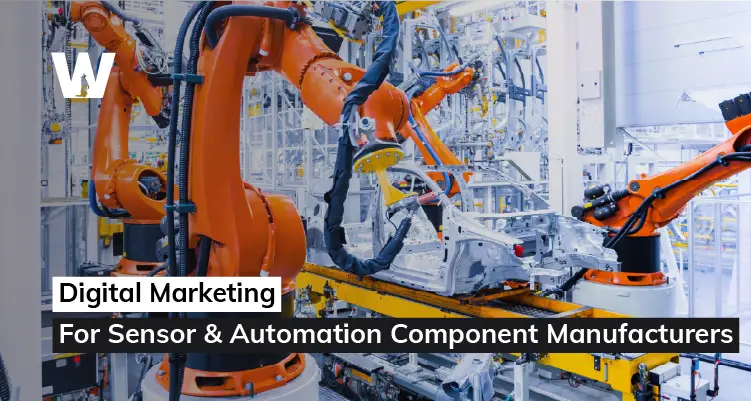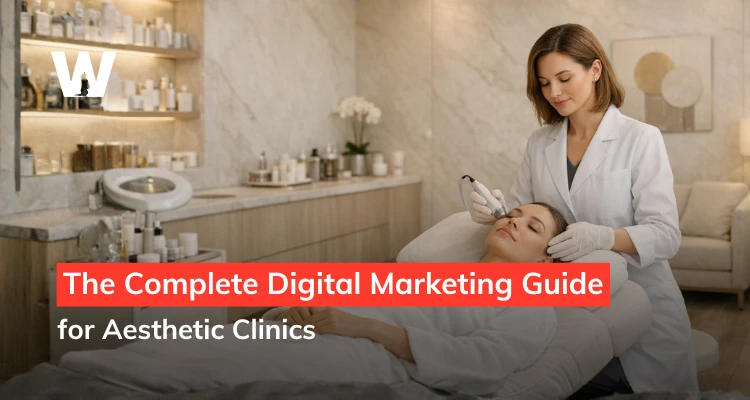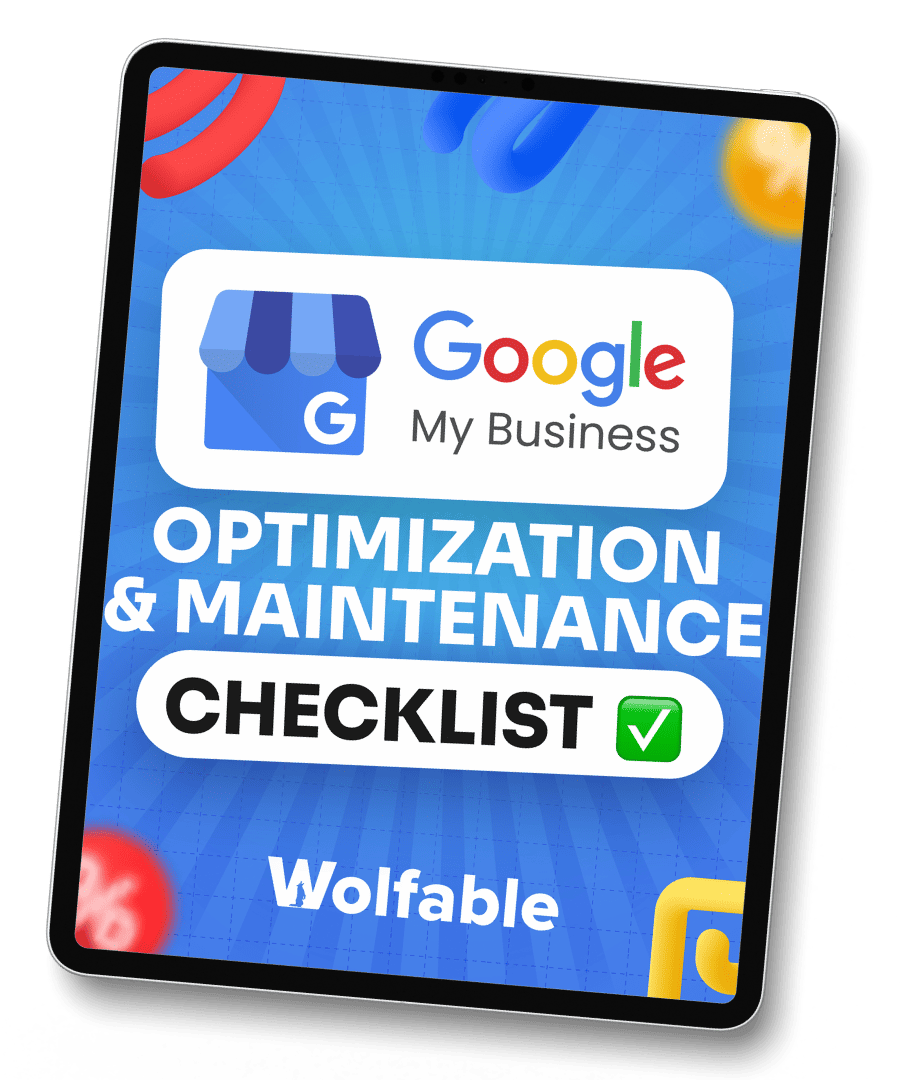Wraps up in 10 Minutes
Introduction
Digital marketing for sensor & automation component manufacturers demands specialized B2B strategies designed for technical buyers, long sales cycles, and multi-level decision-making processes. In an industry defined by precision and complexity, traditional methods like trade shows and cold calling are no longer enough.
Today, over 70% of industrial buyers conduct online research before contacting a supplier. They expect seamless digital experiences—ranging from detailed product specifications and CAD files to real-world application examples and technical support. Your digital presence must communicate both engineering expertise and solution-driven value.
This comprehensive guide explores 11 proven digital marketing strategies that help sensor & automation component manufacturers generate qualified leads, build industry authority, and drive sustained business growth in India and globally.
Why Digital Marketing Is Essential for Sensor & Automation Component Manufacturers
The sensor and automation industry are experiencing unprecedented digital transformation. Manufacturing buyers now conduct 70% of their research online before contacting suppliers, making digital marketing essential for sensor & automation component manufacturers.
Traditional trade shows and cold calling are no longer sufficient. Industrial buyers expect sophisticated digital experiences that demonstrate technical expertise, provide detailed product specifications, and offer immediate access to engineering support.
Digital marketing for sensor & automation component manufacturers offers measurable ROI through targeted lead generation, improved brand visibility, and accelerated sales cycles. Companies implementing comprehensive digital strategies report 30-40% increases in qualified leads within the first year.
🎯 Key Benefit: Digital marketing enables sensor & automation component manufacturers to reach decision-makers when they're actively researching solutions, positioning your company as the trusted expert in their evaluation process.
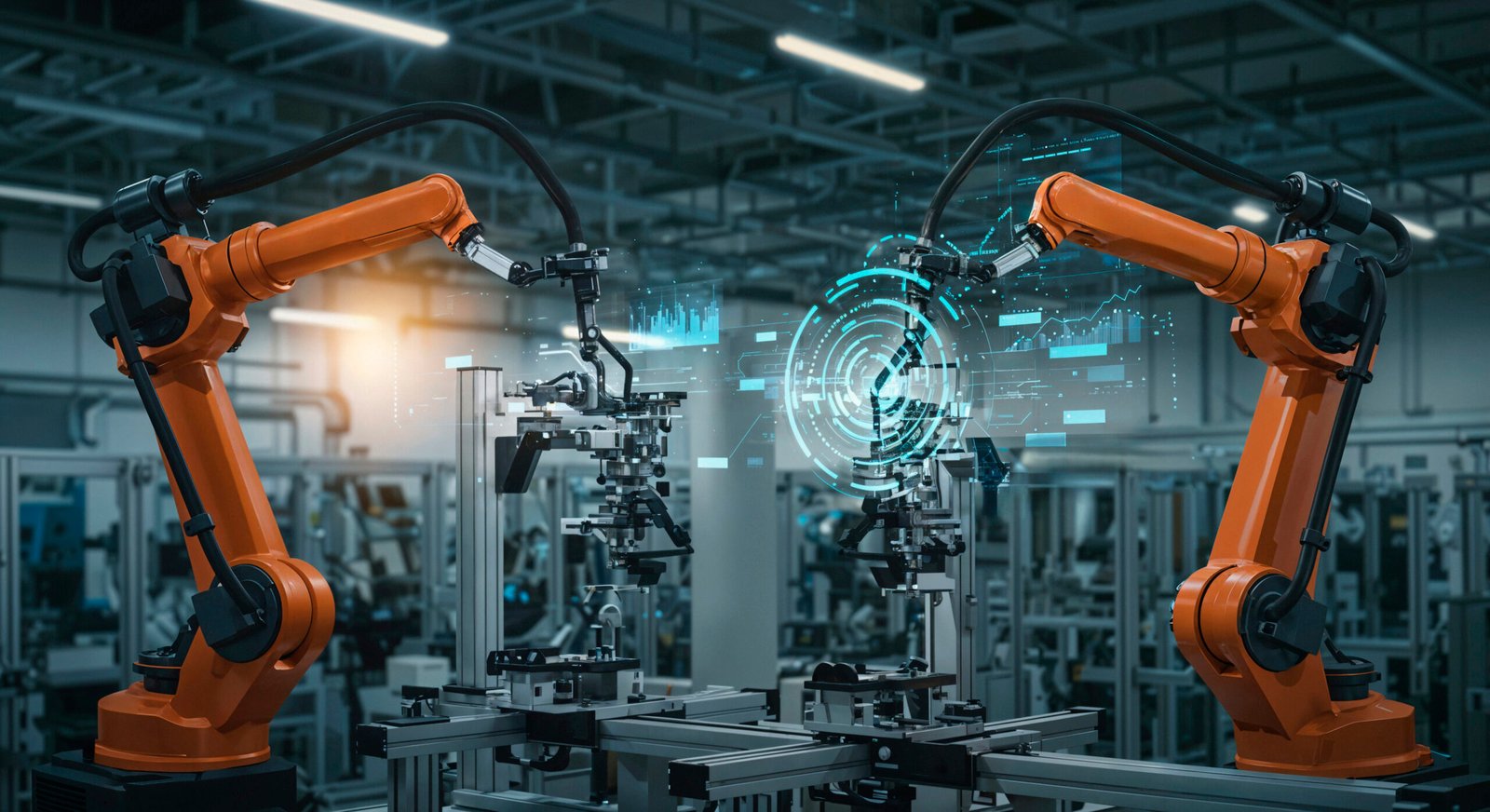
The B2B Buyer Journey for Sensor & Automation Component Manufacturers
The industrial buying process for automation components involves multiple stakeholders and extended decision timelines. Understanding this journey is crucial for effective digital marketing.
- Awareness Stage: Engineers and procurement teams identify automation challenges and begin researching potential solutions. They consume educational content, technical whitepapers, and industry analysis.
- Consideration Stage: Buyers evaluate specific sensor and automation technologies, compare vendors, and assess technical specifications. They download datasheets, request samples, and engage with technical content.
- Decision Stage: Final vendor selection involves detailed proposals, technical demonstrations, and price negotiations. Digital marketing supports this stage through case studies, testimonials, and direct sales enablement tools.
Each stage requires different digital marketing approaches. Content marketing and SEO capture early-stage awareness, while email marketing and performance marketing nurture consideration-stage prospects toward purchase decisions.
11 Proven Digital Marketing Strategies for Sensor & Automation Component Manufacturers
Successful digital marketing for sensor & automation component manufacturers requires a comprehensive approach that addresses the unique needs of industrial B2B buyers. Here are 11 proven strategies that drive measurable results:
1. Website Design for Sensor & Automation Component Manufacturers
Your website serves as the digital headquarters for technical buyers researching automation solutions. Industrial web design must prioritize technical specifications, product catalogs, and engineering resources over flashy visuals.
Effective automation websites feature intuitive product filtering, downloadable CAD files, and integration guides. Mobile optimization ensures field engineers can access critical information on-site.
Essential Website Elements:
- Product configurators with real-time pricing
- Technical library with downloadable CAD files and datasheets
- Distributor locators and authorized partner networks
- Sample request forms with automated fulfillment
- Live chat support for immediate technical questions
- Mobile-responsive design for field engineers
2. SEO Strategies for Sensor & Automation Component Manufacturers
Search engine optimization for automation companies targets technical keywords and industrial applications. Long-tail keywords like "pressure sensor for hydraulic systems" and "industrial automation components India" capture high-intent searches.
Technical SEO ensures product pages rank for specific automation terms while educational content establishes thought leadership. Local SEO helps manufacturers reach regional buyers and distribution partners.
Key SEO Focus Areas:
- Product-specific keyword optimization (e.g., "24V proximity sensors")
- Technical content creation for application-based searches
- Industry-specific landing pages for different verticals
- Schema markup for rich snippets displaying specifications
- Local SEO for regional distributor networks
- Technical blog posts targeting long-tail keywords
3. Content Marketing for Sensor & Automation Component Manufacturers
Educational content establishes expertise and guides buyers through complex technical decisions. Automation content marketing includes application guides, troubleshooting resources, and industry trend analysis.
Technical blog posts, whitepapers, and case studies demonstrate real-world applications while building search engine authority. Video content showing installation procedures and product demonstrations particularly resonates with engineering audiences.
Content Types: Technical tutorials, application notes, industry reports, product comparison guides, and maintenance best practices.
4. Social Media for Sensor & Automation Component Manufacturers
LinkedIn dominates B2B automation marketing, connecting with engineers, plant managers, and procurement professionals. Industry-specific Facebook groups and YouTube channels provide additional engagement opportunities.
Professional social media showcases technical expertise through educational posts, industry insights, and behind-the-scenes manufacturing content. Regular engagement builds relationships that support longer sales cycles.
Effective Social Media Strategies:
- LinkedIn thought leadership posts from technical experts
- YouTube product demonstrations and installation videos
- Twitter for industry news and quick technical tips
- Facebook groups for niche automation communities
- Instagram for behind-the-scenes manufacturing content
- LinkedIn ads targeting specific job titles and industries
From Factory Floor to First Page of Google
5. Email Marketing for Sensor & Automation Component Manufacturers
Email marketing nurtures technical prospects through extended evaluation periods while delivering relevant product updates and industry insights. Segmented campaigns address different buyer personas and industry applications.
Automated email sequences guide prospects from initial interest through technical evaluation. Newsletter content includes new product announcements, application examples, and industry trend analysis that maintains engagement between active purchasing cycles.
Campaign Types: Welcome sequences for new subscribers, product education series, industry newsletters, and post-purchase support resources.
6. Performance Marketing for Sensor & Automation Component Manufacturers
Paid advertising targets specific industrial applications and technical keywords while maintaining cost-effective lead generation. Google Ads capture high-intent searches while LinkedIn campaigns reach professional audiences.
Performance marketing for automation companies requires careful keyword selection and landing page optimization. Technical buyers expect detailed product information rather than generic marketing messages.
Effective Performance Marketing Tactics:
- Google Ads targeting product-specific search terms
- LinkedIn campaigns for professional audience targeting
- Retargeting campaigns for website visitors researching solutions
- YouTube ads for product demonstration content
- Industry publication display advertising
- Location-based campaigns for regional market penetration
7. Why Video Marketing Works for Sensor & Automation Component Manufacturers
Video content effectively demonstrates complex automation products and installation procedures. Technical videos build trust by showing actual product performance and real-world applications.
Industrial buyers prefer seeing products in action rather than reading specifications alone. Product demonstration videos create emotional connections while communicating technical capabilities.
High-Converting Video Content:
- Product demonstrations showing real-world performance
- Installation tutorials with step-by-step procedures
- Customer success stories and testimonials
- Virtual facility tours showcasing manufacturing capabilities
- Technical webinars featuring industry experts
- Troubleshooting guides for common issues
8. Branding Strategy to Build Trust for Sensor & Automation Component Manufacturers
Strong industrial branding communicates reliability, technical expertise, and manufacturing quality. Consistent brand messaging across digital channels builds recognition among engineering professionals and procurement teams.
Trust indicators include industry certifications, quality standards, and customer testimonials. Professional brand presentation demonstrates stability and capability that industrial buyers require for critical automation projects.
Brand Elements: Professional visual identity, consistent messaging, industry certifications showcase, and customer success highlighting.
9. Digital Strategy for Sensor & Automation Component Manufacturers
Comprehensive digital strategy aligns marketing activities with industrial sales processes and buyer behaviors. Strategy development considers industry-specific challenges, competitive positioning, and growth objectives.
Effective digital strategy integrates multiple channels while maintaining consistent messaging and measurement. Regular strategy review ensures adaptation to changing market conditions and emerging digital opportunities.
Strategy Components: Buyer persona development, competitive analysis, channel selection, content planning, and performance measurement frameworks.
10. Lead Generation Campaigns
Successful lead generation combines educational content with compelling offers that address technical challenges. Effective campaigns capture contact information in exchange for valuable resources like technical guides or consultation calls.
Multi-channel campaigns nurture prospects through awareness, consideration, and decision stages. Landing page optimization ensures sales teams receive qualified prospects ready for technical discussions.
High-Converting Lead Generation Tactics:
- Gated technical content offers (whitepapers, guides)
- Webinar registrations featuring industry experts
- Free sample request programs with follow-up sequences
- Consultation scheduling with technical specialists
- Technical assessment tools and calculators
- Product selector guides with personalized recommendations
11. Marketing Automation for Sensor & Automation Component Manufacturers
Marketing automation manages complex B2B sales cycles while delivering personalized content based on prospect behavior and interests. Automated workflows nurture leads through extended evaluation periods common in industrial purchasing.
Intelligent automation scores leads based on engagement levels and buying signals, ensuring sales teams focus on most promising opportunities. Integration with CRM systems provides complete prospect visibility.
Essential Automation Applications:
- Lead scoring based on technical content engagement
- Automated email sequences for different buyer personas
- Content personalization by industry and application
- Sales alerts for high-intent prospect behaviors
- Prospect behavior tracking and engagement analysis
- CRM integration for seamless sales handoff processes
Common Mistakes Sensor & Automation Component Manufacturers Make in Digital Marketing
Many sensor & automation component manufacturers struggle with digital marketing because they apply generic strategies instead of industrial-specific approaches. Here are the most critical mistakes to avoid:
- Ignoring SEO for long-tail technical keywords like "pressure transducer for hydraulic applications" that engineers actually search for
- Using generic website designs that don't showcase technical specifications, CAD files, or downloadable resources engineers need
- Focusing only on product features instead of demonstrating real-world applications and problem-solving capabilities
- Not leveraging LinkedIn for B2B lead generation, missing the primary platform where industrial buyers research suppliers
- Sending identical emails to all personas without addressing different needs of engineers versus procurement teams
- Overlooking mobile responsiveness for field engineers accessing product data on tablets during site visits
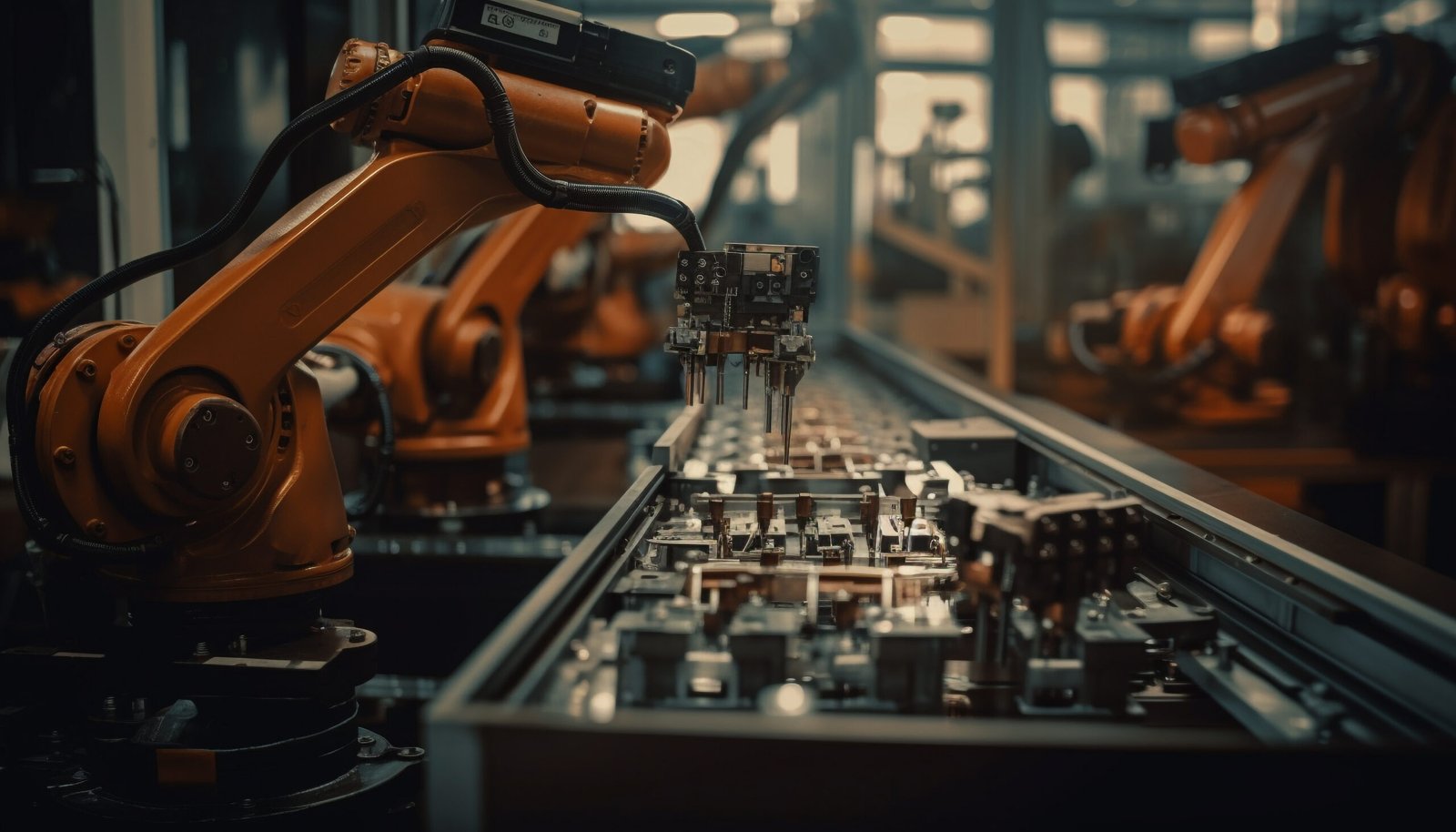
Digital Marketing Challenges in the Sensor & Automation Industry
Sensor & automation component manufacturers face unique digital marketing challenges that require specialized solutions.
- 1. Technical Complexity: Automation products involve complex specifications that must be communicated clearly to both technical and business audiences. Digital marketing must balance technical accuracy with accessibility.
- 2. Long Sales Cycles: Industrial buying decisions can take 6-18 months, requiring sustained digital engagement throughout extended evaluation periods. Marketing automation becomes essential for maintaining prospect relationships.
- 3. Global Competition: Manufacturers compete against international suppliers, making digital differentiation crucial for market positioning. Strong online presence and thought leadership content separate industry leaders from commoditized competitors.
- 4. Multiple Decision Makers: Automation purchases involve engineers, procurement teams, and executives. Digital marketing must address diverse information needs and communication preferences across different stakeholder groups.
Conclusion: Your Next Steps
Digital marketing for sensor & automation component manufacturers requires specialized expertise that understands both technical products and industrial buying behaviors. Success comes from implementing comprehensive strategies that address the unique challenges of B2B automation marketing.
Immediate Action Items:
- Audit your current digital presence and identify improvement opportunities
- Develop buyer personas specific to your automation market segments
- Create educational content that demonstrates technical expertise
- Implement marketing automation to nurture long sales cycles
- Establish measurement frameworks that track meaningful business metrics
The automation industry offers tremendous growth opportunities for companies that embrace digital marketing excellence. By implementing these proven strategies, sensor & automation component manufacturers can accelerate lead generation, improve market positioning, and drive sustainable business growth.
Ready to transform your digital marketing results? Contact Wolfable's manufacturing specialists to develop a customized digital strategy that delivers qualified leads and accelerates your business growth.
📞 Contact us at contact@wolfable.com or call +91 85113 93399


